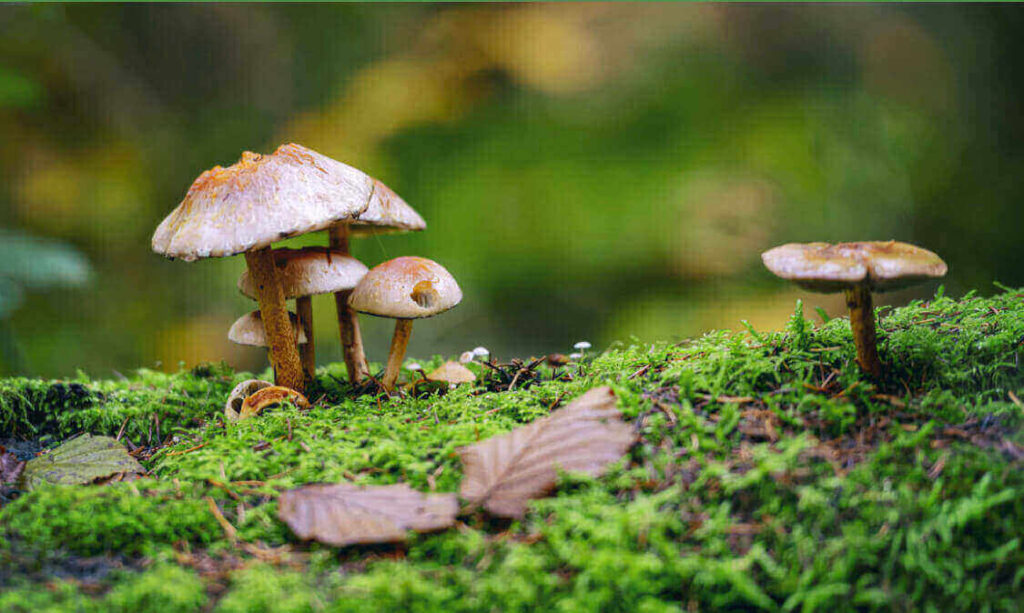
One of the most pressing environmental issues of recent years has been huge amount of plastic that is in the sea. Despite recent high-profile campaigns to raise awareness of the problem, the reality is that every day more and more plastic is being produced. Unless a viable substitute for this cheap and useful material is found, plastic will continue to end up in the bodies of water that cover most of the Earth’s surface.
Israel may just have been discovered a substitute : mycelium. This strand-like substance can be used to replicate polystyrene, the crunchy white plastic that is commonly used as packing filler and insulation. Unlike polystyrene, however, mycelium is completely biodegradable – because it is derived from mushrooms.
Scientists at the Technion – the Israel Institute of Technology – have managed to grow the substance and then use it as a building material. Doctoral student Noam Attias led on the research of mushroom mycelium, investigating its propertieswith support from several other departments. While mycelium is solid enough to replicate metal, the true potential is in replacing polystyrene.
This is because, like all plastics, polystyrene does not break down. While it is fragile enough to crumble into small pieces, these pieces can take up to 500 years to full decompose. This would not be case with mycelium though – making it a perfectly safe packing material.
This breakthrough would be another example of the pioneering research conducted Since 1912, the academic institution has been at the forefront of spearheading Israel’s scientific endeavours. Israel today is the country with the highest percentage of scientists and engineers – and the majority of them studied at the Technion, home to three of Israel’s five science Nobel Laureates.
Alan Aziz, CEO of Technion UK, commented: “Plastic changed our world forever, but it’s going to take similar transformation to help undo the damage it has caused. It looks like the scientists at the Technion might be the ones to lead that transformation – with a little help from the humble mushroom.”
Notes to editor about Technion:
The Technion has earned a global reputation for its pioneering work in nanotechnology, life sciences, stem-cell technology, water management, sustainable energy, information technology, biotechnology, materials engineering and aerospace. It is also one of only five similar institutes worldwide that include a medical school, encouraging rapid progress in biotechnology, drug development, and stem-cell technology. As Israel’s centre for high-tech education and research, the Technion is central to the nation’s economic progress. As the premier institute of its kind in the region, Technion breakthroughs can benefit all the nations of the Middle East. As a worldclass research university, the Technion helps advance the frontiers of science and technology to benefit people around the world.
